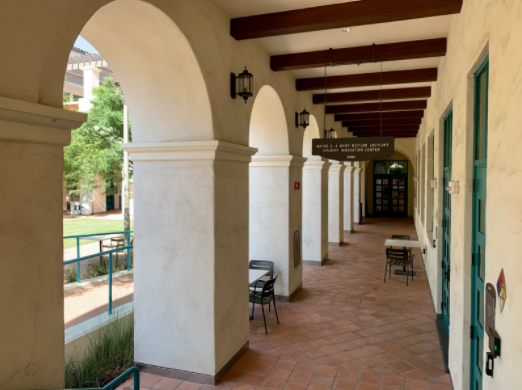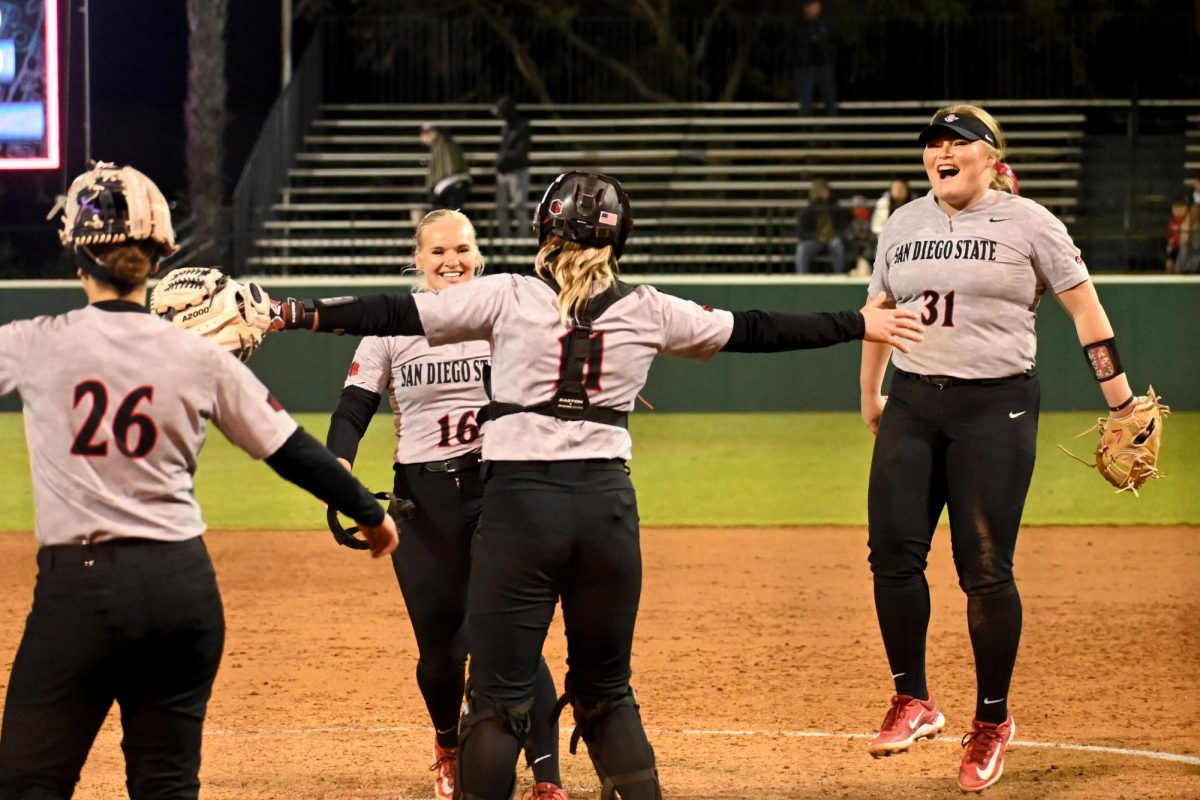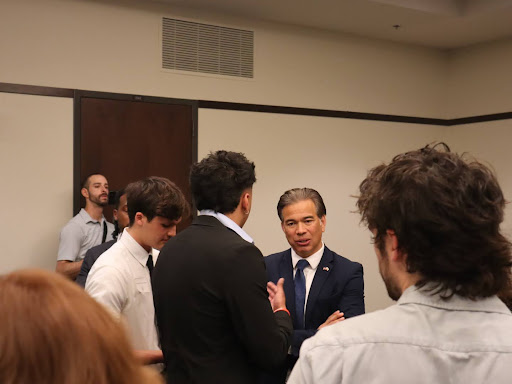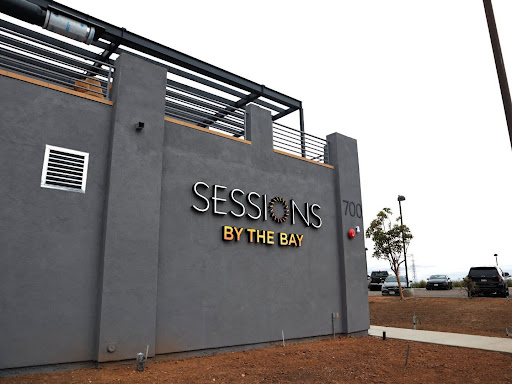With the return of in-person instruction for the Fall 2021 semester and enrollment in sciences rising, optimism and caution combine as instructors prepare for classes to begin on Aug. 23. This comes after the biology department switched to online and hybrid instruction last year due to the pandemic and many biology classes have focused on teaching about COVID-19 as its effects are felt in real time by society.
In an email interview, Dwayne Roach, an Assistant Professor of Virology, who is also the Molecular Biology Master’s program director offered his insight on the increased interest in graduate student enrollment.
“Studying biology has always been a major draw at SDSU and applicants have to have a strong background in molecular biology or microbiology to apply,” Roach said. “As the program director I did receive more requests from potential applicants with degree’s outside Cell and Molecular Biology and Microbiology this past admissions cycle.”
Roach also expressed concern on how the Delta variant surge may affect in-person instruction this fall.
“Perhaps a hybrid virtual/in-person state will have to be implemented to keep everyone safe if the Delta variant continues to rise in the community,” Roach said. “SDSU should be mindful that students who need to take public transit to get to campus might be putting themselves at higher risk and they would rather remain virtual this fall. Both students and faculty likely have reservations with being ‘in person’ this fall as we enter back into the flu and cold season.”
Roach also discussed how he changed his curriculum as a result of the pandemic.
“I teach General Microbiology and Medical Microbiology,” Roach said. “Yes, I have changed certain lectures to focus more on virology and in particular COVID-19. Students were particularly interested in discussing the current state of the pandemic.”
Robert W. Zeller, professor and chair of the Department of Biology in an email interview outlined how online classes affected his department last year.
“All instruction went virtual, including laboratory courses,” Zellar said. “I think many faculty would agree that the virtual format for lectures was not ideal and that the dynamics between the students and instructors [were] significantly altered.”
Zeller said laboratory instruction was shut down or operated at limited capacity last year during the pandemic.
“Biology runs many different laboratory courses and having those held in a virtual environment was not ideal,” Zellar said.
Zellar mentioned the lessons learned from online and hybrid instruction can change curriculum in the future.
“I think both faculty and students identified some beneficial aspects that were adopted during the virtual sessions,” Zeller said. “[The] faculty are working to incorporate those positive aspects of virtual instruction into some of our lecture courses,”
Stefan Hyman, associate vice president for enrollment management, spoke about changes in online and hybrid classes for Fall 2021.
“We set up a fall schedule which includes more online and hybrid courses than a normal non-COVID year,” Hyman said. “Luckily 85% of our classes are either in-person or hybrid. Really, that mix is about 81% that are fully [onsite], about 5% that are hybrid and 14.5% that are online.”
Hyman said in a normal year, online courses will be approximately half this amount and said while California has not set social distancing limits, the university is requiring all students to wear masks in instructional settings.
“We saw increased interest in students for the College of Health and Human Services in particular nursing and public health,” Hyman said. “HHS overall was ahead by about 18% in applications [this fall].”
Hyman attributed these increases to the admiration for those working in health during the pandemic and recognition of additional job opportunities in these fields.














